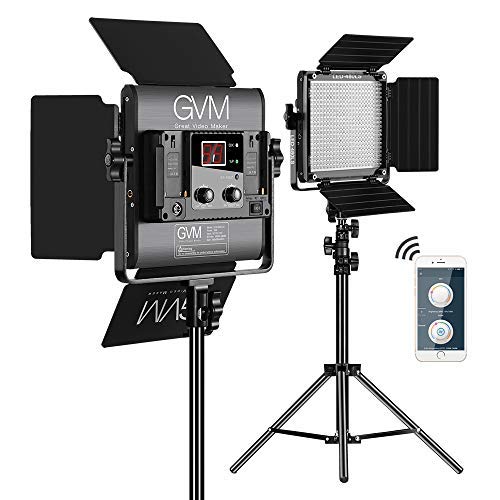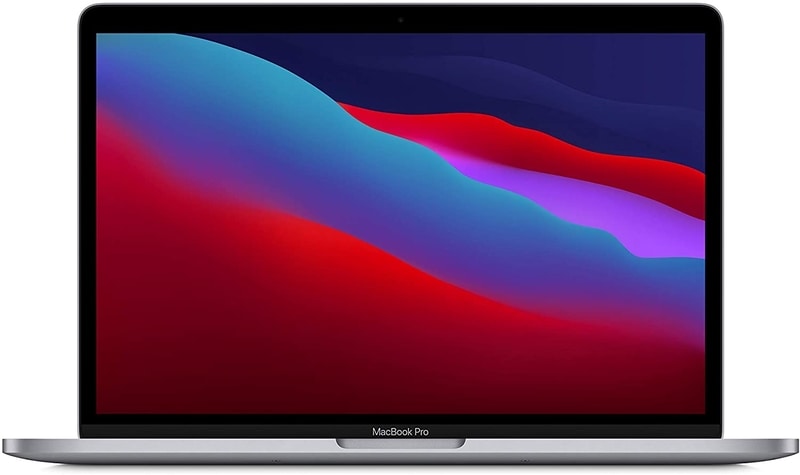Mirror Image: A Look At Mental Health In Trinidad And Tobago | Documentary Proposal
by Avion Anderson
(Tobago, Trinidad and Tobago)
Title: "Mirror Image – A look at Mental Health in Trinidad and Tobago."
Format: Feature-length Documentary Series
Intended Audience: Educated men and women and even young people 16 years and over.
Objective of Film: The objective of "Mirror Image" is to show the current state of Trinidad and Tobago Mental Health as well as the institutions and laws in place regarding it. Each film series will give an overview of the system by following the lives of several patients with diagnosable mental illness.
Previous Works: Rough Justice – Trinidad and Tobago Police Service Recruitment Video Project Proposal; Trial by Fire – Trinidad and Tobago Fire Service Recruitment Video Project Proposal; and, Unlocking Tobago – A Documentary Series that identify new and existing small and medium-sized businesses that create value for their customers, owners, workers and future generations and inspiring a culture of entrepreneurship by showcasing stories of success.
Style: First-hand view of what it is like to be diagnosed with mental illness as well as what occurs during the healing process. Cameras will follow patients around in a cinema verite approach. Almost all video shots will be from real life, with a few studio interview cutaways to break scenes. Studio interviews will include patients, doctors, therapists and family members. There will also be a narrator to enhance narrative structure.
Soundtrack: Musical underlays and transitions where necessary. Most music will be pertinent to the mood of the scene. Local music is preferable, but there will be a mixture of regional and international music to complement each scene. If the scene is sad, then the music will be sad; and if the scene is disturbing, then the music will suit.
Consent: It will be important to gain the consent of each patient, as well as doctors, therapists and families of the patients to be part of the series. It may help to gather consent from a mental health facility or institution, such as the hospital. This is the most important and most difficult part of the project and adaptions will be made in according to the wishes of the patients, doctors, therapists, family and facility.
Documentary Treatment:
The video opens with a musical credit sequence featuring family/personal photographs of each of the patients to be followed throughout the series. The photographs show a glimpse of each patient's life before they began to suffer from mental illness (if applicable). The music during the sequence will be somewhat sad and reminiscent, but not too dreary.
As the credits finish, the view of the photographs continue as a narrator introduces the topic of the documentary: mental illness. In this introduction the narrator gives facts and figures about mental illness in Trinidad and Tobago, as well as in other parts or islands of the Caribbean and the world over, giving scope to the video. Then the narrator gives an overview of the remainder of the video: that we will be viewing the lives of several Trinbagoians with mental health problems and the path they follow through their treatment and beyond. The narrator then gives a quick overview of each person that we are about to follow. As he talks about each person, a family photograph of them appears onscreen. Finally, the narrator moves onto the first patient.
The narrator provides an overview of the patient and describes what causes them to get help. As he/she does this, we watch as the patient enters a medical building on their first day. From here, we listen to dialogue between the patient and receptionists, nurses, and doctors. The scene cuts to studio interviews and reactions from various characters involved. We listen as the doctor describes what the patient will be undergoing, and then we shift to another patient.
A similar process to what occurred for the previous patient occurs, however each following patient has a different complaint, diagnosis and treatment approach, such as one patient will have depression, one will have adolescent depression, one will have bipolar disorder, one will have schizophrenia, one patient will have an anxiety disorder, and one patient will have a drug disorder; but it is not relevant, as when we interview real patients, their stories and situations will be different. More patients can be introduced, including the illnesses they are going through and each of them will have a different story that will help the viewer, as well the doctors, address their concerns and help them to get better.
At least one of the patients will be treated by travel to a psychiatric section of the hospital, which gives us the chance to see what mental part of the institutions really look like and how the patient reacts to placement. At least one of the patients will deal with rehab. Another patient will deal with a psychologist, while still another patient will deal with a psychiatrist too. Each patient's route of treatment will be different, and will help to give a good overview of the mental health system in Trinidad and Tobago. Each patient's story will be very different, and without shooting the footage and following each patient it is hard to describe each of their stories. Needless to say, some of the patients we follow will have different issues on the way to recovery. However, we will be jumping around from patient to patient in between their struggles.
As the movie approaches the end, struggles begin to get harder for some patients, as others find relief and a few may not be so fortunate.
Throughout the process, the audience will grow closer to each character.
At the very end of the documentary, some patients will be successful and go on to live normal lives. Other patients will find themselves still in an institution trying to return to normalcy. It is also highly likely that by the end of the movie, one patient may not remain alive. Each character's ending will be described by an onscreen epilogue, as well as a finale from one character that succeeds in overcoming their illness as they are reunited with those they love in a heartfelt celebration.
Then the credits roll.
----
What do you think of my proposal? Comments welcome below.
Download a professional Documentary Proposal Template
Ready To Make Your Dream Documentary?
Sign up for our exclusive 7-day crash course and learn step-by-step how to make a documentary from idea to completed movie!













